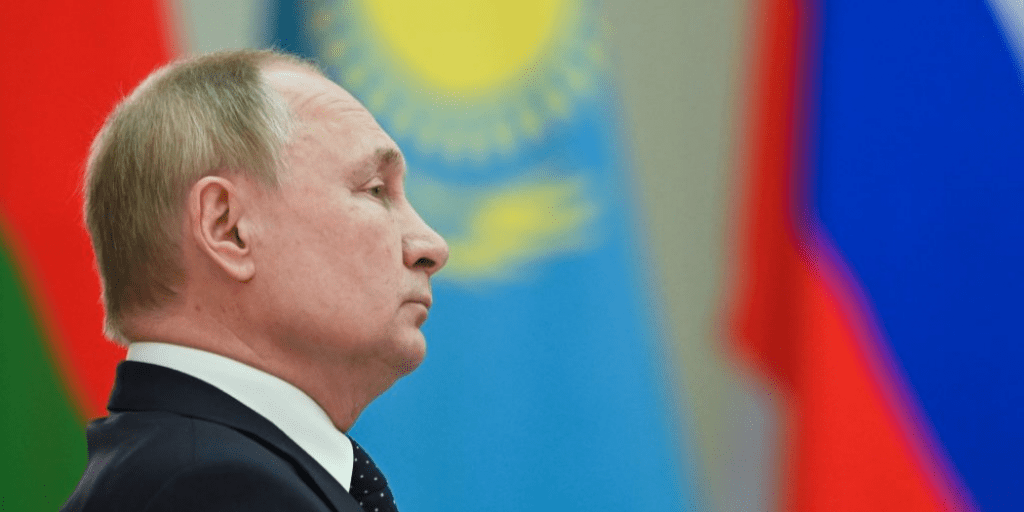By Brian Whitmore

Russian ambassadors to Belarus haven’t exactly enjoyed a lot of job security lately and further change appears to be imminent. If confirmed, the coming appointment would underline Belarus’s growing importance in Moscow’s strategic thinking.
According to media reports, United Russia party chairman Boris Gryzlov is set to become Moscow’s fourth ambassador to Belarus in just four years. Gryzlov is a longtime crony of Vladimir Putin and a political heavyweight who has previously served as Russia’s Interior Minister and Parliamentary Speaker.
In the latest sign that the Kremlin’s Belarus and Ukraine policies are two sides of the same imperial coin, the Russian daily Kommersant is reporting that Gryzlov will continue serving as Moscow’s representative on the Trilateral Contact Group even after taking up his ambassadorial post in Minsk. The TCG brings together representatives of Russia, Ukraine and the OSCE for talks over the ongoing conflict in eastern Ukraine.
The appointment of a senior figure such as Gryzlov, who is not only close to Putin but is also a classmate and friend of Russian Security Council Secretary Nikolai Patrushev, suggests that the Kremlin’s policy of soft annexation in Belarus is reaching its critical point, if not the actual endgame.
According to a commentary in Rosbalt by journalist Vyacheslav Gordienko, “many experts argue that the real task for this veteran of Russian politics is to become not the next Russian ambassador to Belarus, but the last one.”
Gordienko argues that Putin’s decision to send Gryzlov to Minsk “means that the Belarusian question is now a political priority for the Kremlin. The only question is what model the Russian leadership wants to implement. This is still unknown. Possible options include full accession of the Republic of Belarus to the Russian Federation, “deep integration,” or continued formal independence of Minsk but with a completely pro-Russian parliament.”
Among Gryzlov’s tasks, according to Gordienko, will be to create a single parliament for Russia and Belarus to replace the current Parliamentary Assembly of the Union of Russia and Belarus, and to oversee a post-Lukashenka transfer of power.







